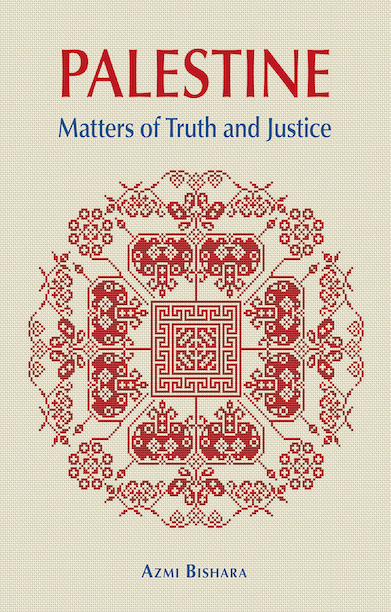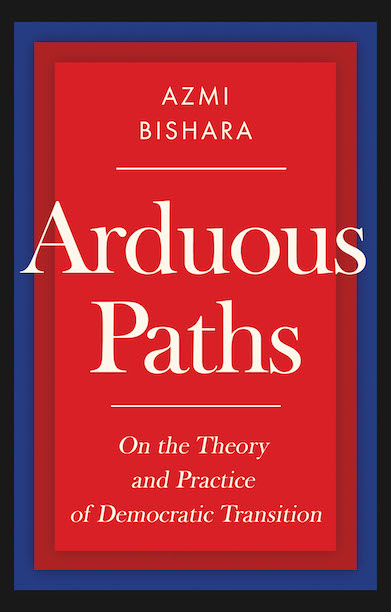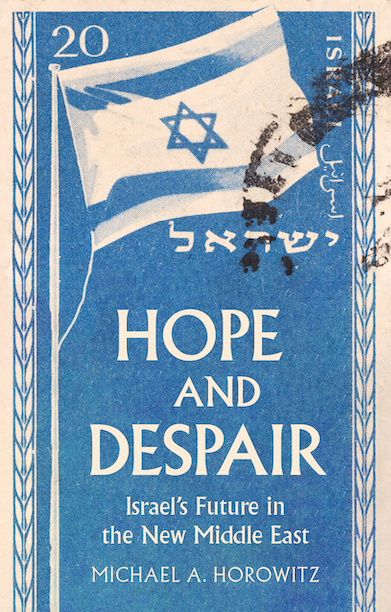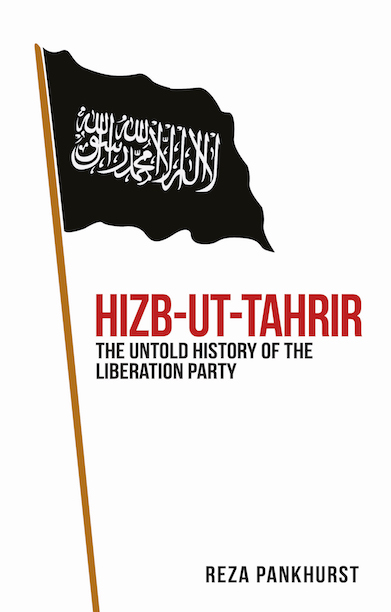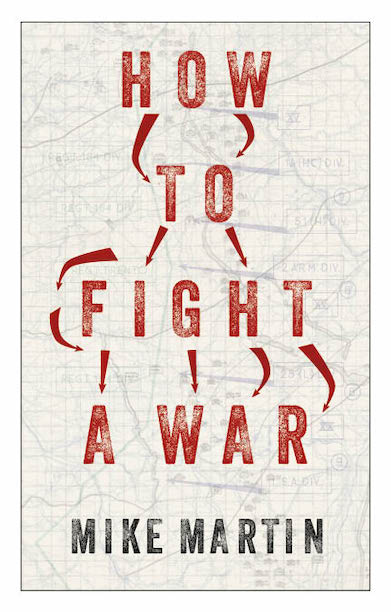Palestine
Matters of Truth and Justice
A leading Arab scholar considers settler colonialism, occupation and nationhood, powerfully arguing for a justice-based approach to the ongoing conflict.
Description
In January 2020, US President Donald Trump announced his ‘deal of the century’. Supposedly intended to ‘resolve’ the Palestine-Israel conflict, it accepted Israeli occupation as a fait accompli. Azmi Bishara places this normalisation of occupation in its historical context, examining Palestine as an unresolved case of settler colonialism, now evolved into an apartheid regime.
Drawing on extensive research and rich theoretical analysis, Bishara examines the overlap between the long-discussed ‘Jewish Question’ and what he calls the ‘Arab Question’, complicating the issue of Palestinian nationhood. He addresses the Palestinian Liberation Movement’s failure to achieve self-determination, and the emergence of a ‘Palestinian Authority’ under occupation. He contends that no solution to problems of nationality or settler colonialism is possible without recognising the historic injustices inflicted on Palestinians since the Nakba.
This book compellingly argues that Palestine is not simply a dilemma awaiting creative policy solutions, but a problem requiring the application of justice. Attempts by regional governments to marginalise the Palestinian cause and normalise relations with Israel have emphasised this aspect of the struggle, and boosted Palestinian interactions with justice movements internationally. Bishara provides a sober perspective on the current political situation in Palestine, and a fresh outlook for its future.
Reviews
‘[A] bold and important work on the history of modern Palestine and the Palestinian struggle over the past century. However, unlike other histories of Palestine and Israel, the author’s insistence is that Palestine is a matter of justice. Alongside the historical examination of major events, Bishara analyzes key issues central to the question of Palestine and rebukes some common tropes and misconceptions.’ — Washington Report on Middle East Affairs
‘A major contribution of this book is the way it alerts us to the fact that the world’s last remaining unresolved instance of settler colonialism can neither nativise nor become indigenous – unlike other settler colonial projects – as Israel maintains an apartheid regime.’ — Race & Class
‘As an urgent path to long-lasting peace is needed, Palestine offers some answers.’ — Politics Today
‘A searing and perceptive analysis by a foremost Palestinian intellectual and political figure. Drawing on a deep understanding of Zionism and Israel, and a knowledgeable assessment of Palestinian, Arab and global politics, Bishara concludes with original, acute and empathetic reflections on how to resolve this century-old struggle.’ — Rashid Khalidi, Edward Said Professor of Modern Arab Studies, Columbia University
‘Bishara draws upon his unparalleled knowledge to demonstrate how the framing of this conflict has shifted from “settler colonialism” to “border dispute.” Most importantly, he lays out a possible solution which respects rather than minimises Palestinian national aspirations. A crucial text for all concerned with the ongoing injustice inflicted on the Palestinian people.’ — Dana El Kurd, Assistant Professor of Political Science, University of Richmond, and author of Polarized and Demobilized: Legacies of Authoritarianism in Palestine
‘A sharp analysis of “the question of Palestine”, objective but not neutral, and rooted in the history of the Nakba and the reality of settler colonialism. It offers illuminating views on an exit game based on an ethical approach and the recognition of a common future embracing two distinct national identities and aspirations.’ — Alain Gresh, former editor of Le Monde diplomatique, and author of Israel, Palestine: Truths of a Conflict
‘No-one writes on Palestine in its historical, regional, and global contexts with the same unflinching precision, intimate knowledge and scholarly command as Azmi Bishara. This book brings his commanding insights to the global attention he richly deserves, and we badly need.’ — Hamid Dabashi, Hagop Kevorkian Professor of Iranian Studies and Comparative Literature, Columbia University, and editor of Dreams of a Nation: On Palestinian Cinema
‘An unparalleled study that brings together intellectual authority, political acumen and academic rigor. Bishara offers a trenchant analysis of how a settler-colonial project was transformed into a border dispute, and delineates his inclusive vision of a decolonised future anchored in dignity and justice.’ — Nadim Rouhana, Professor of International Affairs and Conflict Studies, Fletcher School of Law and Diplomacy, Tufts University
Author(s)

Azmi Bishara is one of the Arab world’s most prominent scholars, a critic of authoritarianism and colonialism, and a staunch supporter of democratic transition in the region. He has published on political thought, state formation theory, social theory and philosophy. His books include Palestine: Matters of Truth and Justice; Sectarianism Without Sects and Arduous Paths: On the Theory and Practice of Democratic Transition (all published by Hurst); as well as Religion and Secularism in Historical Context; The Question of the State: Philosophy, Theory, and Context; and On Salafism.
